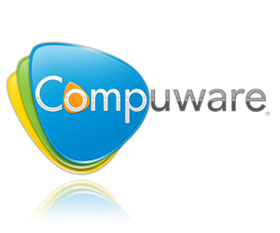Online risky behaviour continues - Microsoft
Many children between the ages of 14 and 18 are engaging in risky behaviour online – and while parents say they are aware of the dangers, many are doing nothing to protect their children, according to a Microsoft survey.
The MSN survey, run by Microsoft as part of Safer Internet Day on 8 February, suggests that 44% of children have lied about their age when online, while 37% of those who had been contacted by a stranger (75%) responded and only 4% told someone older that they trusted.
Safer Internet Day is organised by the Insafe network, a European Commission initiative to promote safer and more responsible use of online technology and mobile phones among young people across the world.
The survey also revealed that 39% of children between the ages of 14 and 18 look at websites or play online games that their parents would likely disapprove of, and 67% clear out their browser history to make sure their parents can’t view their online activity.
Arthur Goldstuck, MD, World Wide Worx says that the finding reinforce their research that shows that parents tend to be oblivious of what their children are doing online - even when they know the dangers their children may face.
“In many cases, the parents are far less tech-savvy than their children, and so are incapable of monitoring or responding to what their children are doing online. Our advice has always been that parents must be actively involved in their children’s online lives, and we support the call for them to use the technology tools available”.
“Children may be highly skilled at using the Internet and cellphone features, but they don’t know how to deal with the human issues that arise in many situations, and this is where open lines of communication with their parents will prove their value,” says Goldstuck.
The survey, looking at the attitudes and behaviours of both parents and children around online safety, was conducted last month across 11 countries, including South Africa, the UK, Ireland, Spain, Finland, Italy, Portugal, Turkey, Russia, Greece and Egypt.
The results suggest that parents are generally aware of the potential online dangers and are talking to their children about the issues —in fact, the majority of parents believe talking about online safety is as important as talking to their children about sex.
However, says Nazeer Suliman, consumer and online lead at Microsoft South Africa, parents are not always consistent and often trust their tech-savvy children to behave responsibly online without further intervention from the parents themselves.
While 87% of parents have spoken to their children about online safety, only 36% use online parental controls or filtering software, and 26% do nothing to limit or control their children’s internet use at home.
In addition, while parents are talking, they are not always asking questions and listening: the survey reveals that 44% aren’t certain about whether their children are restricting access to their social media sites. More than 36% of parents who responded do not monitor their children’s online activities at all, leaving them open to various potential dangers.




